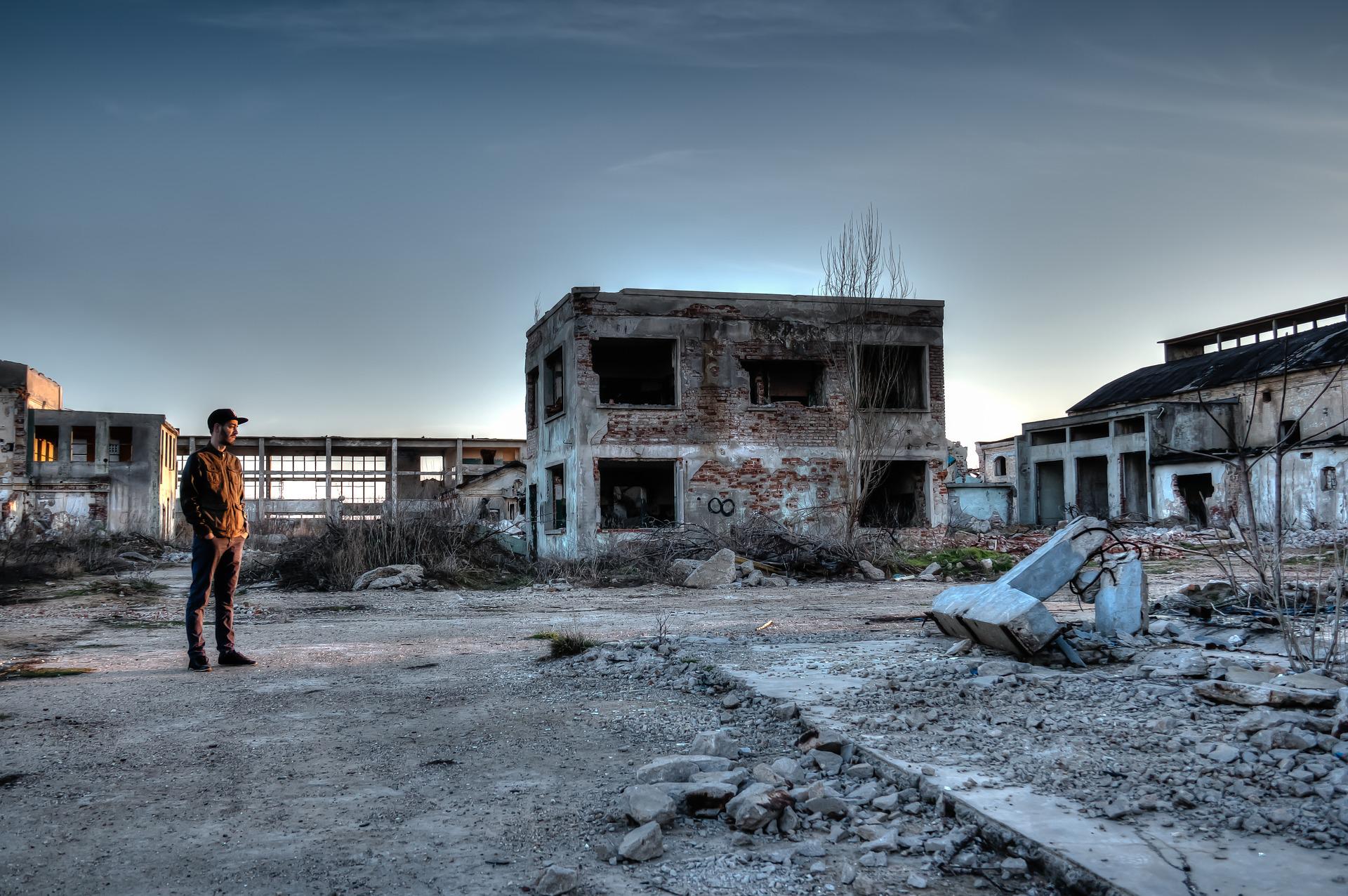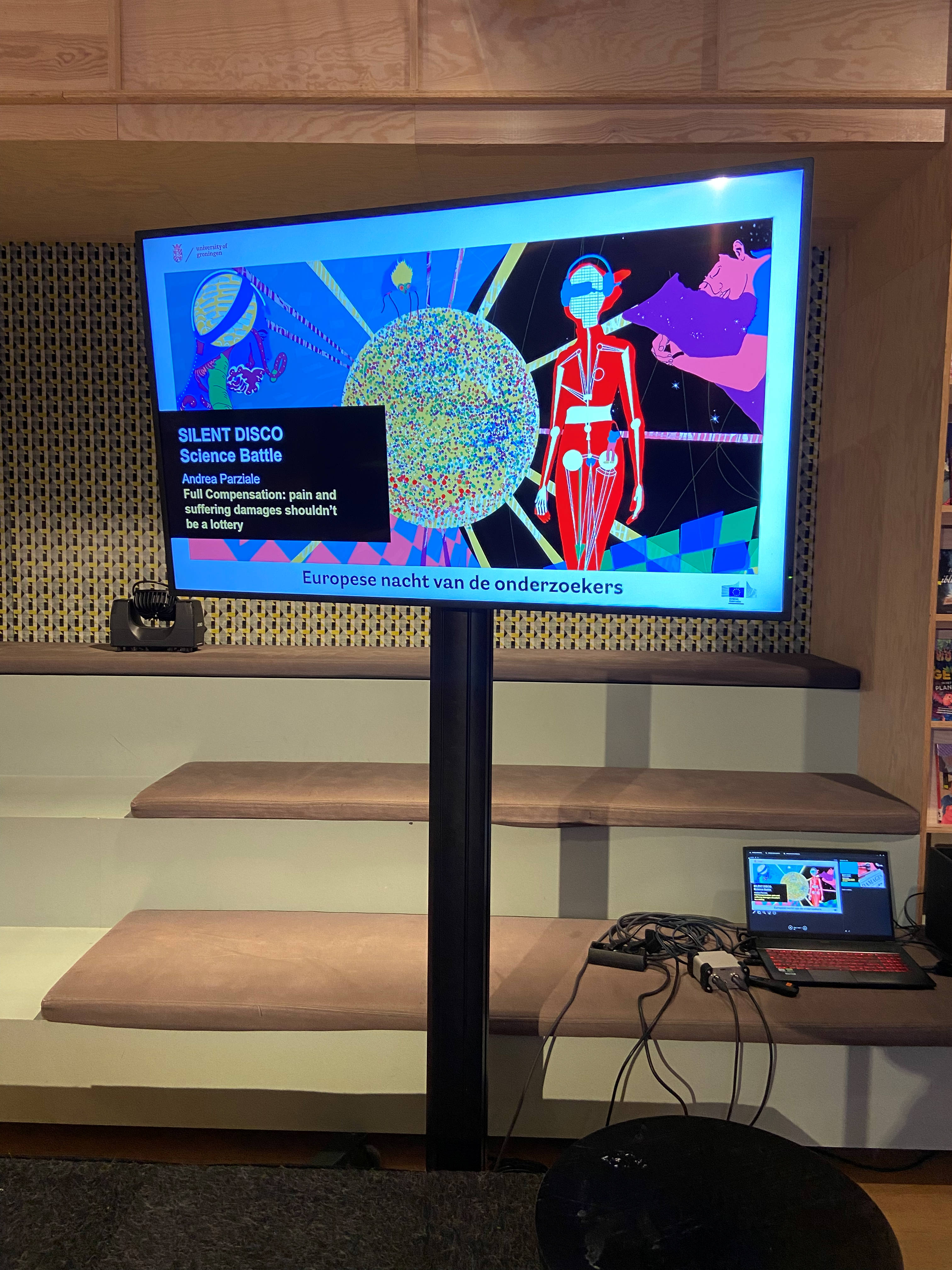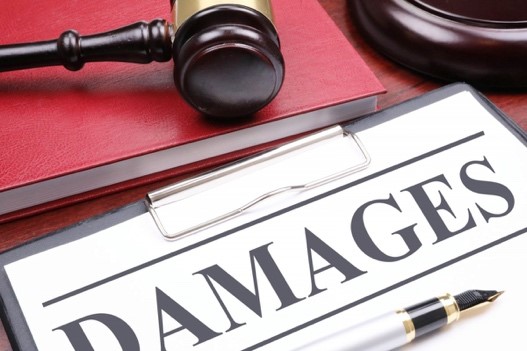Towards fairer non-economic damages: experts’ first reactions to FullCompensation

This blog includes a brief description of a METRO seminar held on 30 May 2022, where a draft research design of FullCompensation was shared for feedback. This seminar was the first scientific deliverable of the project and set the ground for its further development.
I am happy to share that I delivered the first planned scientific deliverable of FullCompensation!
At the METRO seminar of 30 May 2022, I presented to academics and researchers from Maastricht University and Erasmus University in Rotterdam:
- The results of a comparative review I conducted of the different guidelines used in the EU by adjudicators to quantify non-pecuniary damages. I will use this review to select the countries I will focus on in my research as representatives of the main guidelines models.
- An outline of the research, detailing how I plan on conducting the case review, interviews, and focus groups.
Here are just a couple of examples of the feedback received from the participants:
First, it was proposed that the project should not only aim to improve consistency in damage awards. Indeed, it is fair not to propose uniform amounts of damages across EU Member States. Each of them has their own cost of living and preferences: uniform amounts would not make sense. However, the project should also address what “full” compensation is, i.e., what is the amount of damages that actually “fully” compensate the victims. This is, after all, what the project acronym is all about! To this end, the Law & Economics literature may provide useful tools and guidance.
Insightful suggestions were also shared on how to best reach some of the stakeholders to be involved in the focus groups for the finalisation of the guidelines and model legislative proposal, particularly the representatives of victims.
Thanks to the feedback received from the attendees to this seminar, I will now:
- Finalise the comparative review and submit it to a peer-review journal.
- Refine the design of the research accordingly.
Both will be shared in subsequent posts here. Interested in the further outcomes of the project? Stay tuned!
| More blogs on Law Blogs Maastricht |
Other blogs:
Also read
-
The EU-funded project FullCompensation aims to make the compensation of pain and suffering damages more equitable and efficient. To this end, the project led to the development of a model legislative proposal and guidelines, based on comparative and empirical evidence. These results were presented...
-
The EU-funded project FullCompensation aims to make the compensation of pain and suffering damages more equitable and efficient. To this end, the project led to the development of a model legislative proposal and guidelines, based on comparative and empirical evidence. These documents are intended...
-
The EU-funded project FullCompensation aims to make the compensation of pain and suffering damages more fair and efficient. To offer judges better guidelines for this, it is essential to understand how judges actually award pain and suffering damages. Reading the case law and interviewing judges...


